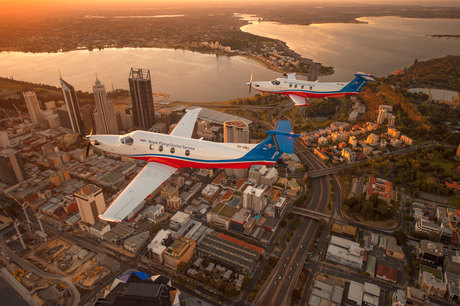Flying Doctor using SAS to improve response times

Australia’s Royal Flying Doctor Service has adopted SAS software to halve the time it takes to reach patients requiring urgent medical attention.
Adrian Bennet, information and technology manager at the RFDS Western Operations Division, said faster response times to an emergency call can make all the difference in a life-threatening situation.
For RFDS, responding to a call is a complicated progress involving assessing a remote patient’s needs, scheduling doctors, nurses, flight crews, aircraft and other resources and then tasking the flight.
SAS has helped the organisation break down the process into stages in order to identify where time improvements could be made, he said.
“We were able to look at all the factors that impact on efficiency at each stage and, by optimising our crew shift allocations, we were able to reduce tasking time from five-and-a-half hours down to two-and-a-half hours for 90% of priority 2 patients,” he said.
As well as improving response times, SAS is being applied more generally to RFDS’s Western Operations in order to help the organisation gain a better understanding of its data.
“It enables us to make more evidence-based decisions on major questions such as where our investment is needed most for different types of equipment, the time and frequency patterns of incidents, and the changing demographics of our patients,” he said.
RFDS’s Western Operations have five Western Australian bases in Derby, Port Hedland, Meekatharra, Kalgoorlie and Jandakot.
AI at scale demands a new approach to data resilience and privacy
Data Privacy Week is a timely reminder that taking control of your data is a strategic...
Australia's path to AI sovereignty lies in strategic control, not reinvention
Many argue that Australia's priority should be building sovereign AI infrastructure and...
Can Australian businesses afford to waste $557 million?
The real barrier to AI isn't tech hype, it's the old systems we refuse to fix.




